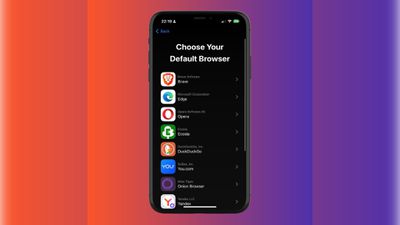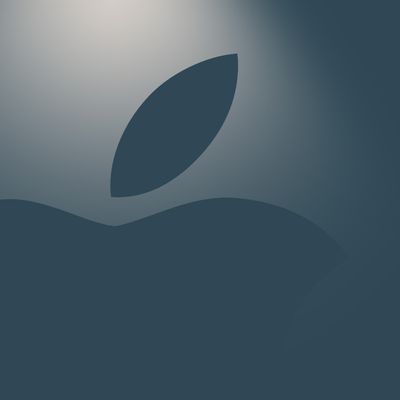Alternative browser company Brave has reported a sharp increase in iPhone installs since Apple made sweeping changes to iOS in order to comply with the Digital Markets Act in the European Union.

With the recent iOS 17.4 update, users in the EU are presented with a splash screen upon opening Safari that allows them to choose a new default browser.
Apple is not providing just the standard browsers that have been options on iOS in the past, but a list of the most downloaded browsers on iOS devices. Some of the options include Firefox, Opera, Chrome, Brave, and Microsoft Edge.
Brave shared an image on X (Twitter) of a line graph showing the number of Brave browser installations on iOS from mid-January to early March. Daily installs hovered around 7,500 to 10,000, before jumping to just over 11,000 following the release of iOS 17.4 on March 6.
"Monopoly defenders argue that the monopolies simply offer better products," wrote Brave in a subsequent post. "But as you can see, when consumers get a clear choice of iOS browsers, they're choosing alternatives to Safari."
"Maybe that's why Google still hasn't implemented a browser choice screen on Android," added the privacy-centric browser company.
Why did Apple and Google make it hard to switch default browsers for so many years? Because it's a powerful way to block competitors. Just look at what happened to Brave installs on iPhone in the EU when Apple rolled out a new default browser choice screen on March 6th: pic.twitter.com/Wefz4mCHGi — Brave Software (@brave) March 12, 2024
To be eligible for consideration in the alternative browsers list, Apple notes that they must have the Default Browser Entitlement that is now available to developers and have been downloaded by "at least 5,000 users across all the EU App Store storefronts on iPhone in the prior calendar year."
Apple selects up to 11 of these for the browser choice screen in addition to Safari, updating the list once per calendar year.
























